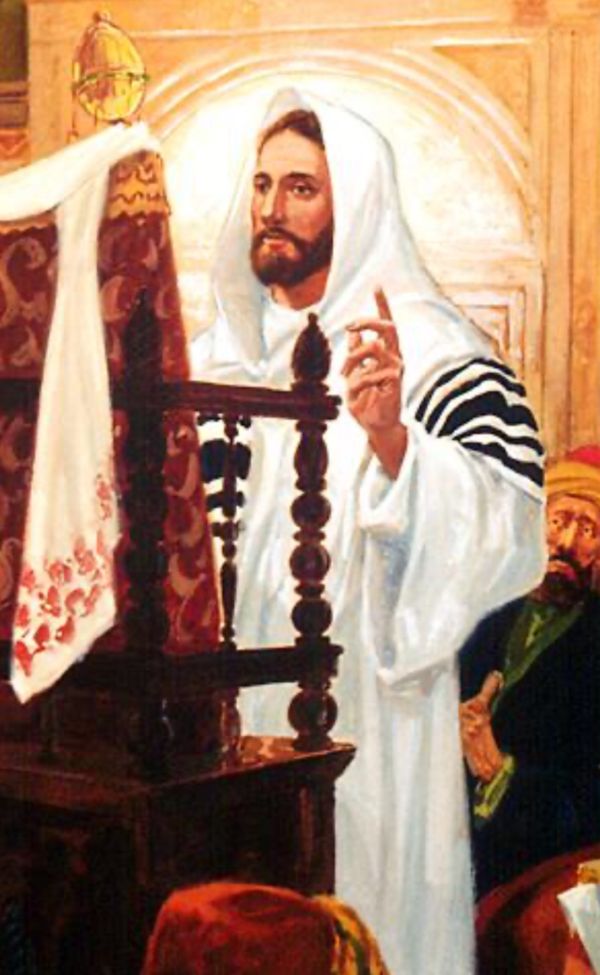«Blaspheming the Holy Spirit»
(Mk 3: 22-30)
Holy Spirit is a term that translates the Hebrew Ruah haQodesh: impetuous wind, not a stagnant air.
«Spirit»: energy that blows up the personal, community and ecclesial story ... in order to mature and renew it.
Not to confirm the standard, but to dilate the boundaries.
He does this by introducing a sort of sublime quality into reality, (above all) breaking through with an Action that discerns evolution and overturns it, making it a whole other.
«Holy» because it distinguishes the sphere of Life - Holiness - from the swampy one of deadly germs, which turn us to withdrawal and self-destruction.
Today's Gospel was born as an appeal to churches and faithful exposed to hostilities, so that they do not allow themselves to be discouraged by real and genuine witness.
Believers must not give up feeling attracted to the Word’s critical power.
Over time it has the strength to strip the intriguing people of their manias of vain grandeur or perversion, and bring out the Light that unites us, attracts spontaneously, without artifice.
In short, church members who live on Faith-love cannot identify with advantageous lifestyles, typical, non-crucial interpretations of reality.
Other than small transgressions! It is at the moment of the fundamental threats that we can read the significance of our choice for the Lord.
Mk especially alludes to circumstantial, particular excuses in the search for support: favors of "cultural" paradigms, or of guys who matter. Eg. facilitating their own affairs thanks to an ideological servility to the authorities, with adjoining guarantees of way out.
Here comes the danger of ‘blasphemy against the Holy Spirit’: moving away from the Gospel, believing that Jesus indicates paths of ruin and death, instead of authentic Life.
Today the impulses of the Spirit who renews the face of the earth upset the landscape, not to abandon humanity to pure limits and to an inexorable oblivion.
The path of the one who walks on the Way of Freedom must be fearless, because the Exodus makes us to ourselves; redeemed and sanctified.
Returned to our Core and by the power of the Faith that intertwines our story with the Christ, we will see the impossible Promise fulfilled; ‘things that we not know’, sovereignly effective.
We want to exist completely, because we are not “gone bad” people.
That’is why there are crises, upheavals, and cuts: they lead back to our fragrance, which - this yes - we could lose.
Danger and agitated times come to remind us of our eternal side. It can only be expressed when the matrix of our being in the field deflects, to prepare us to welcome the unexpected solution.
This is the case even when it seems to others that our life is lost.
In reality, we are gambling it without externality of content, in order to trigger the integral Beauty of the new Youth that we do not know, but which is advancing.
[Monday 3rd wk. in O.T. January 27, 2025]












